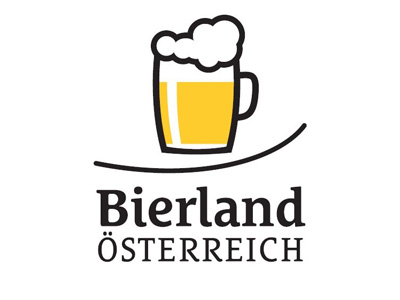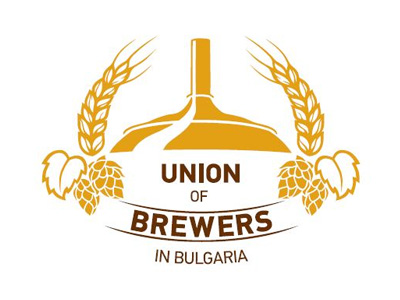
Consequences of the proposed tax increase in minimum excise - 2007
- advocate
- 01/02/2007
- 1814
- Need for a supportive taxation
This report examines the consequences on the brewing sector of the proposed tax increase in minimum excise in 2007.
- The European Commission proposed in September 2006 that the minimum excise duty rates for alcoholic beverages should be increased in line with the rise in the EU-wide consumer price index since they were first set in 1993.
- These proposals would mean that excise duty rates for beer would have to increase in seven of the countries who were members of the EU at the time of the proposal, and also in Bulgaria and Romania now that they have joined the EU. And for these countries, the required increase in excise duty for beer would be substantial – over 30% in Latvia, Malta and Romania, and over 20% in the Czech Republic, Germany, Bulgaria, Lithuania and Luxembourg
- In contrast, the minimum duty rate on wine would remain at zero, as would that for other fermented beverages except for beer.
- Such a change to minimum duty rates would have a number of adverse impacts:
- It would further distort competition between, on the one hand, beer and, on the other hand, wine and other fermented beverages (eg cider) – encouraging consumers to increase their wine and cider consumption at the expense of beer.
- It would be regressive – raising prices for beer in a number of countries where beer is already very expensive relative to consumers’ ability to pay. For example, even at current excise duty rates, beer is around 250% more expensive in Latvia and Lithuania relative to consumers’ incomes than the EU-15 average. And in the Czech Republic beer is about 50% more expensive relative to incomes than in the EU-15. Clearly, increasing minimum duty rates would only serve to make beer even less affordable in such countries. Moreover, the move would do nothing to reduce alcohol misuse, while penalising the vast majority of consumers who drink in moderation.
- It would reduce employment in the European brewing sector. While difficult to quantify, lower demand for beer would also have a serious negative impact on employment in bars and pubs, and in firms supplying the brewing sector and its employees. It would also have a significant direct effect on consumer price inflation in those countries that have to raise their excise duty rate for beer.
- Moreover, increasing the minimum excise duty rate would do nothing to tackle the problems of cross-border shopping, smuggling and fraud that are currently undermining the Internal Market in alcoholic beverages. Large differentials would continue to exist in excise taxes between Member States, with serious consequences for government revenues in a number of countries, for the stability of their alcoholic beverage markets and for social harm through uncontrolled sales to underage people.










